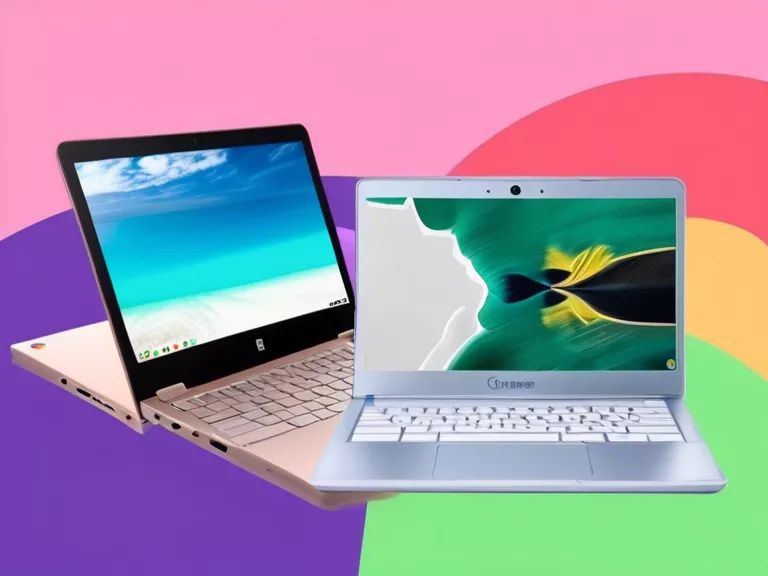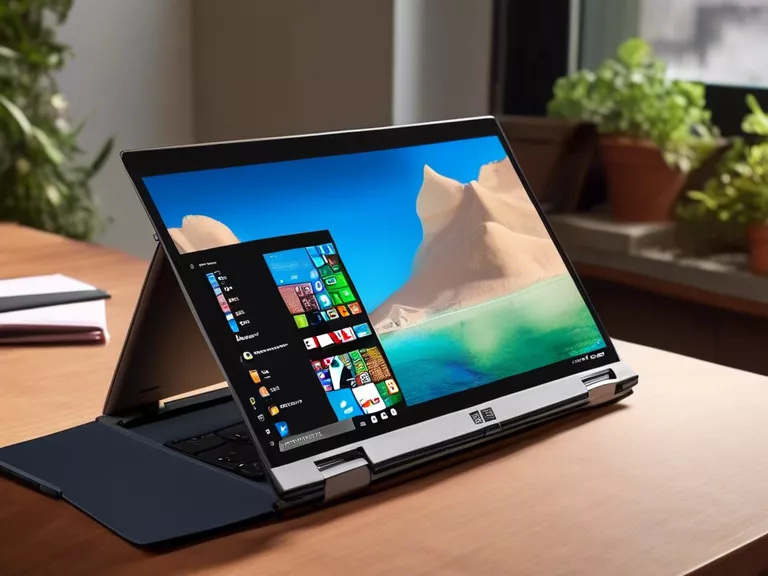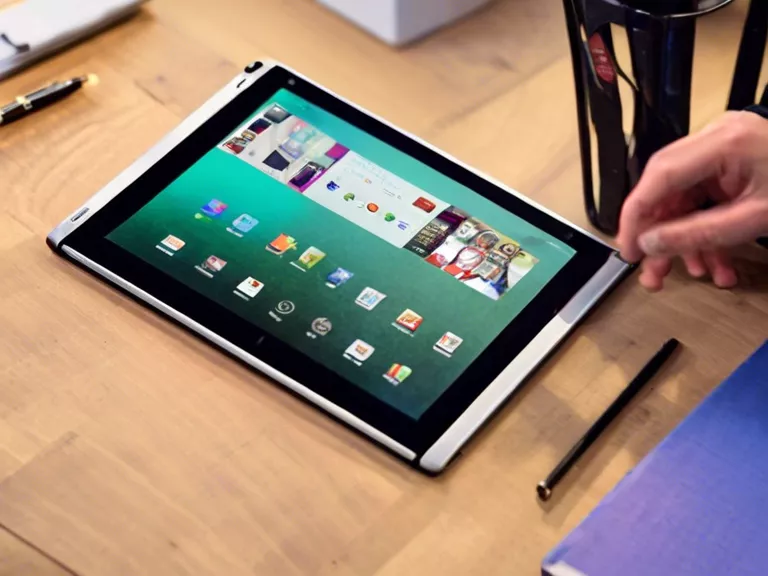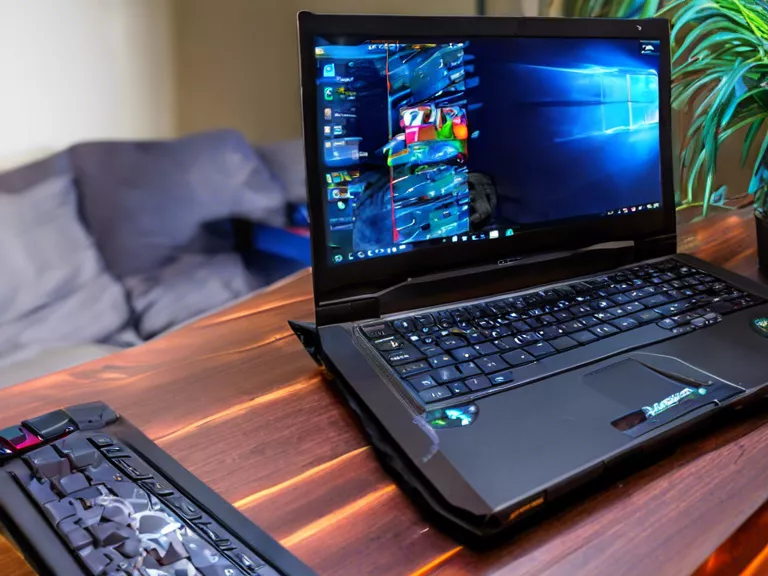
With the rise of Chromebooks in the tech market, many people are considering whether to opt for a traditional laptop or a Chromebook for their everyday use. Both devices have their own set of advantages and disadvantages, making the decision a tough one for many. In this article, we will compare Chromebooks and traditional laptops to help you make an informed choice.
To start with, Chromebooks are known for their lightning-fast boot-up times and seamless integration with Google services. They are generally more affordable than traditional laptops, making them an attractive option for budget-conscious consumers. Additionally, Chromebooks are often lighter and more portable than traditional laptops, making them ideal for those who are constantly on the go.
On the other hand, traditional laptops are known for their versatility and performance. They typically have more storage space and processing power than Chromebooks, making them the go-to choice for tasks that require heavy computing power. Additionally, traditional laptops often come with a wider range of ports and connectivity options, making them a better choice for users who need to connect to external devices frequently.
When it comes to software compatibility, traditional laptops have the upper hand. They can run a wider range of applications, including resource-intensive software such as Adobe Photoshop and Microsoft Office. While Chromebooks have access to the Google Play Store, their software compatibility is limited compared to traditional laptops.
In conclusion, the choice between a Chromebook and a traditional laptop ultimately depends on your specific needs and preferences. If you value affordability, portability, and speed, a Chromebook may be the right choice for you. However, if you need more storage space, processing power, and software compatibility, a traditional laptop may be the better option.



